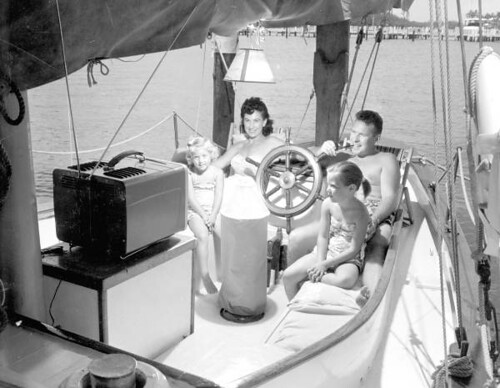The Acceptable Overdose
/Hah. Oh, dear friend. If only that were true.
The danger of writing about a seemingly innocuous habit, e.g. binge-watching all 7 seasons of "Parks and Rec," is sounding overly pious and adding more killjoy rhetoric to an already heaping pile of legalism. So few of us respond well to rules for the sake of rules. Change that is sustainable begins in the heart. And as far as binge-watching, my heart is good, right? Who's saying anything about change? You're the one titling this post, Kendra. Maybe we don't agree on the definition of overdose. After all, even Christian publications endorse binge-watching. CT Women recently featured the interview with Andy Couch, "How to Binge-Watch like a Believer." However, the piece was technology-focused and did not address actual binge-watching. Even Relevant Magazine endorses binge-watching for believers.
And this, I think, is the problem. We have bandied around the term "binge" so freely in recent years that it has lost some of its potency. For example, I expect most of us would be troubled if a friend mentioned that she spent all weekend watching porn. I mean, all weekend. Like, barely slept. Concern for her would abound, surely. But it's all good in the 'hood if she spent all weekend watching "Parks and Rec."
So what you're saying, Kendra, is that Hard-Core Porn and hard-core watching Amy Poehler are the same thing.
Well, are they?
I heard writer David Dark speak at the Festival of Faith and Writing a couple years ago. Dark, whose writing I admire, said his "guilty pleasure was binge-watching" certain shows. We could unpack what it is to have something that is both pleasurable and guilt-inducing but Dark had done his own unpacking of this paradox. He observed that in his own life, this meant that he was drawn to particular story lines. For example, he wondered aloud, "Is there some unacknowledged despair in my own life that is better articulated in 'Breaking Bad'?"
That resonated with me. A season of NBC's "Parenthood," for example, had once felt eerily pulled from my life's narrative. It was a balm to watch the show, to see a clean resolution in their stories in contrast to the raggedy edges of my own life.
Dark's identifying of being drawn to story lines was a great point to begin my own self-examination. What I took from Dark was that we should not deny the inner situation that draws us to certain stories. Whether it's resonance or total escape from our reality, we should not be afraid to examine the reason for our intake of stories. Because that is, after all, what binge-watching is all about: stories. Whether fact or fiction, whether in short spurts or long-binges, we should not fear walking past a mirror on our lives.
This was incredibly freeing. Especially because we know addictions are often rooted in shame. What good can come of more shame?
I believe Proverbs 4 is not meant to shame us, but to call us to this very kind of freedom. We are exhorted to guard our hearts. Above all else. Above our time, above our physical health, above our money. Maybe this is because, as the verse continues, "everything you do flows from it." Everything you do is a heart matter. So guard your heart. To me, this is a better petri dish for examining how we spend our time, and how we populate our Netflix queues.
The question is not, how many episodes of "When Calls the Heart" have you watched this week, but how is the calling on your own heart?





 . Hurst posits that if we ask that person, the person we were who was full of hope about our future, we will find the answer to whatever we are questioning right now in our lives. Because she's still here. We just need to go and ask her what she thinks.
. Hurst posits that if we ask that person, the person we were who was full of hope about our future, we will find the answer to whatever we are questioning right now in our lives. Because she's still here. We just need to go and ask her what she thinks.
